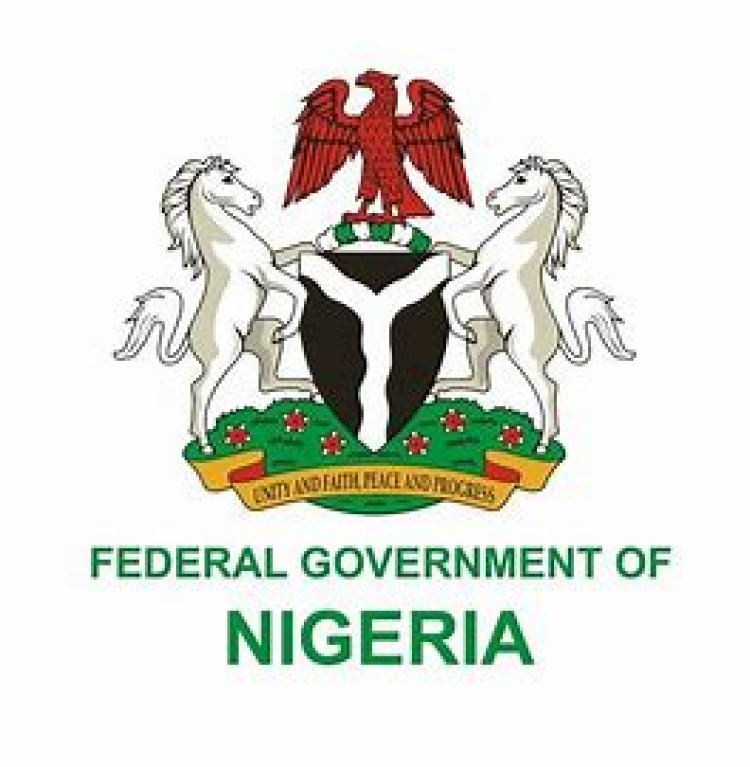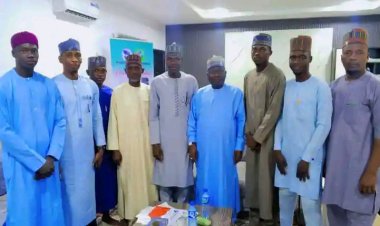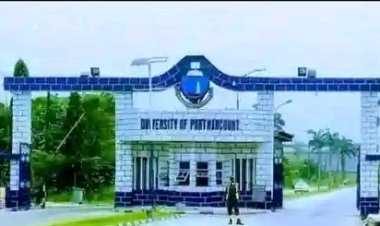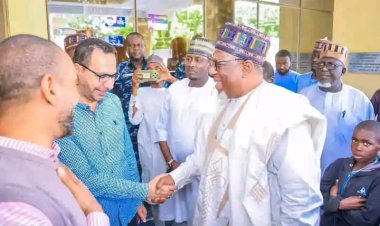Federal Government Partners with World Bank and AfDB to Enhance Electricity Supply in Universities
The Federal Government of Nigeria is collaborating with the World Bank and the African Development Bank (AfDB) to enhance electricity access in selected universities and teaching hospitals.

The Federal Government of Nigeria, in collaboration with the World Bank and the African Development Bank (AfDB), is set to improve electricity access in selected universities and teaching hospitals across the country. This initiative was announced by Mr. Abba Aliyu, Managing Director of the Rural Electrification Agency (REA), during the Energising Education Programme 2024 Stakeholders’ Engagement Forum held in Abuja.
According to Aliyu, over $250 million has been invested in phases I, II, and III of the project, aimed at deploying essential infrastructure, constructing distribution networks, upgrading substations, and metering connections. The initiative also includes the establishment of world-class training centers focused on renewable energy.
Minister of Power, Adebayo Adelabu, represented by Mr. Bem Ayangeaor, Assistant Director of Renewable and Rural Power Access, highlighted the critical role of electricity in enhancing educational opportunities. "Access to reliable electricity allows schools to extend learning hours, utilize educational technology, and create safe environments, thereby boosting enrollment and improving academic performance," Adelabu stated.
The Energising Education Programme (EEP) was specifically designed to tackle the electricity access challenges faced by educational institutions. Despite many Nigerian universities being connected to the national grid, the quality and consistency of electricity supply remain inconsistent, particularly in rural areas. These challenges hinder the delivery of quality education and undermine the academic experience.
Adelabu noted that there are significant opportunities for innovation and collaboration through investments in renewable energy technologies and improvements to grid infrastructure. He emphasized the need for beneficiary institutions to take ownership of EEP projects to ensure their sustainability and continued impact.
At the forum, Olufemi Akinyelure, Head of the Nigerian Electrification Project at the REA, underscored the importance of collaboration and communication between the REA and universities. The gathering included vice chancellors, chief medical directors, and key stakeholders who discussed urgent interventions to enhance the sustainability of power plants deployed during EEP Phase I.
Launched in 2018, the EEP aims to provide reliable power supply to 37 federal universities and seven affiliated teaching hospitals nationwide. These institutions will be equipped with solar hybrid power plants capable of generating over 100 megawatts (MW) of clean energy.
University officials expressed optimism regarding the project. Prof. Nyaudoh Ndaeyo, Vice Chancellor of the University of Uyo, noted that energy issues have long been a concern for Nigerian universities and emphasized the need for schools to take ownership of the initiative for sustainability. Similarly, Mrs. Ruksiyatu Ahmed, Director of the Physical Planning Unit at Modibo Adamawa University, highlighted the project’s timely implementation and its crucial importance for achieving sustainable energy solutions.
The REA and beneficiary universities have already signed collaborative agreements to ensure the sustainability of the electricity projects, marking a significant step towards enhancing educational access and quality across Nigeria.

 Chris Oyeoku Okafor
Chris Oyeoku Okafor 



